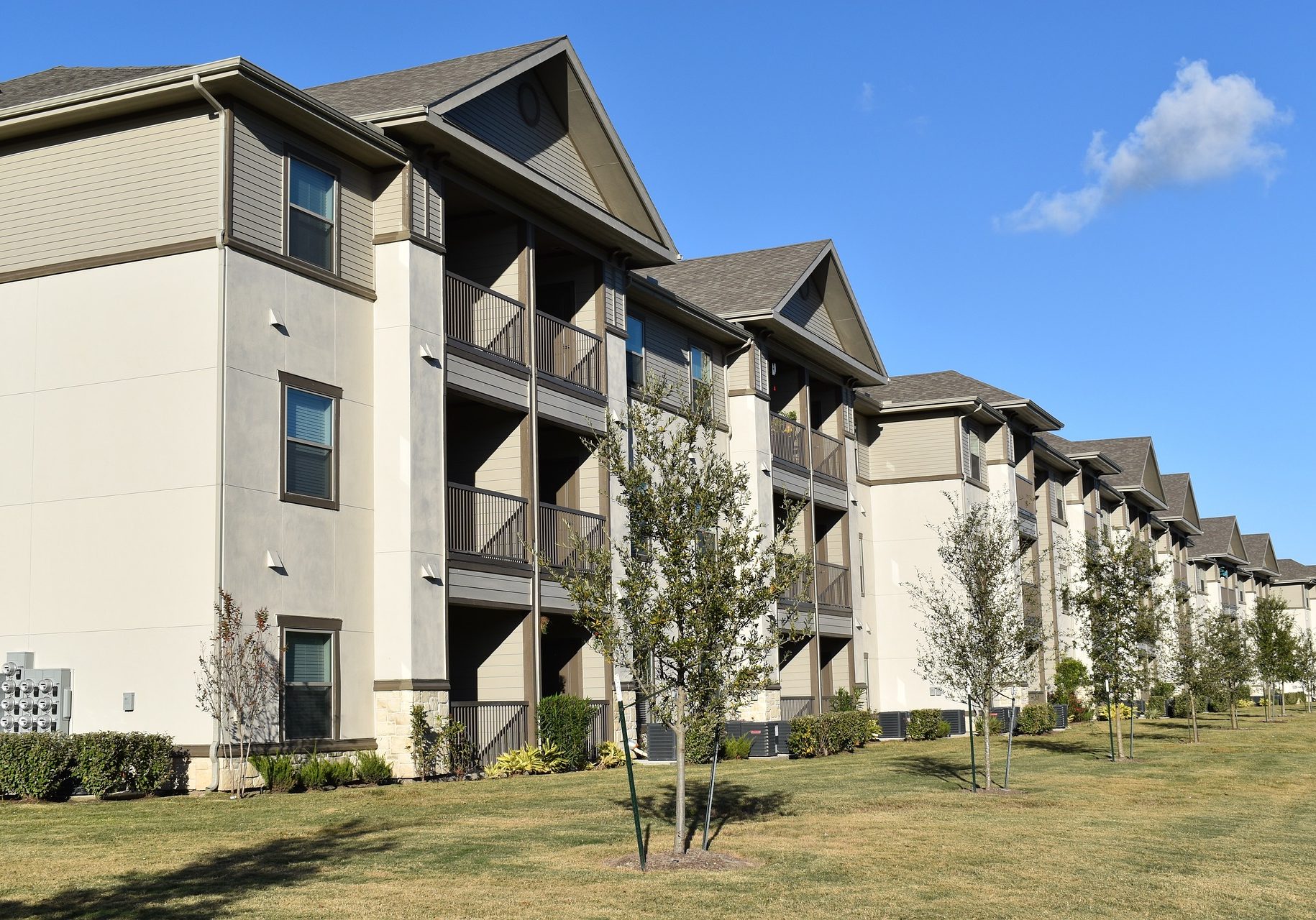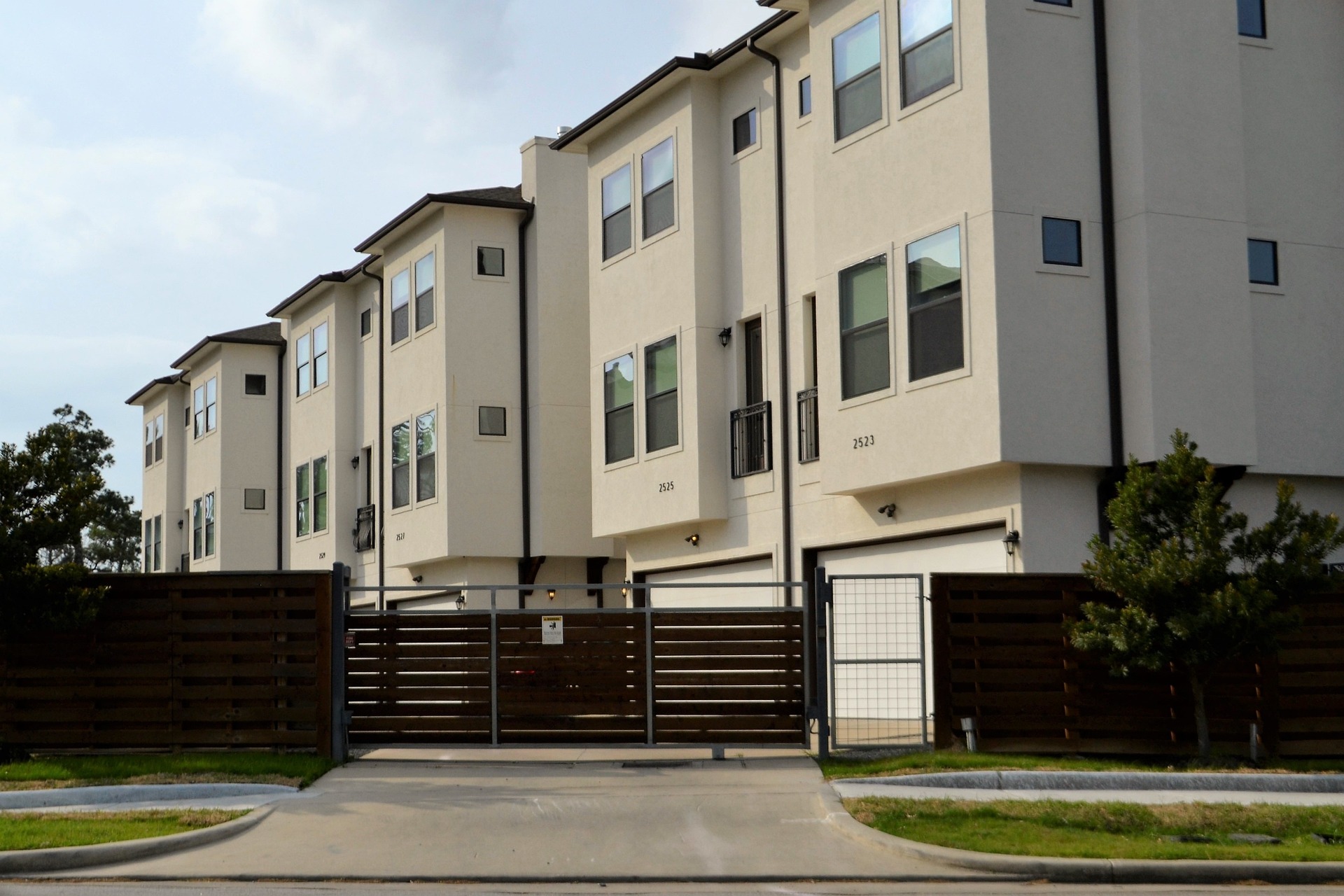"What to know about Life Leases"

Life lease housing is an ideal solution for Ontario seniors, creating communities that offer many benefits.
This unique approach to housing solutions for seniors is often at lower cost than comparable living situations. It offers you the freedom from heavy home maintenance chores. Just as importantly, in life lease housing, you are living in an environment free from isolation; you become part of a welcoming community of people with similar lived experience. You’re always welcome to join in as much or as little as you like in shared activities.
As advocates for life lease seniors’ housing, we actively provide education for seniors who are, or will be, participating in life leases. Our goal is to promote legislation and regulation for life leases in our province.
“In life lease housing, the buyer does not own the property. The life lease holder holds an interest in that property. The life lease interest gives the holder the right to occupy (live in) a unit, rather than own the unit itself. The life lease sponsor owns the property.”
Excerpt from “Life Lease Housing: Practical information about owning a life lease” – Ontario government publication 2019
Our Mission
The mission of OLLRA is to represent the interests of existing life lease residents and educate future buyers of life lease units.

Legislation
Our immediate goal is to ensure the Government of Ontario passes life lease legislation. Unlike rental housing and condominiums, there is NO legislation in Ontario that specifically regulates life lease housing or protects the legal rights of residents.

New Housing
Ontario Life Lease Residents Association members encourage the building of more life lease housing. It is an ideal solution to the coming shortage of senior-friendly housing, as a wave of “Boomer” seniors looks for new housing options. Markedly, it is at no cost to taxpayers.
We’re confident that with a basic legal framework in place, life leases will grow as a popular and affordable choice of housing for active seniors.
To achieve our goals, we are working to build a substantial membership of life lease residents and supporting family members. Together, we can provide a legitimate voice to both the Government of Ontario and the life lease housing industry.
Why Does Life Lease Housing Need Regulation?
Unlike rental housing and condominiums, there is NO legislation in Ontario that specifically regulates life lease housing or protects the legal rights of life lease residents.
As life lease advocates, Ontario Life Lease Residents Association is helping you make sure you are well-informed before signing your lease.
There are many different models of life lease housing available and the contract terms vary from one project to another.
Before you sign a life lease contract, it’s advisable to:
- Carefully read over the contract to make sure you understand it. If legal language is new to you, talk it over with a knowledgeable friend or family member. If there are any restrictions, ask for clarification.
- Ask to see the corporation’s financial statements to confirm its financial health. Be sure there is an adequate reserve fund in place for major maintenance in the future.
- Before paying a deposit and/or entrance fee, find out if you will have a voice in decision-making that may affect you and your financial security. Can residents serve on the Board of Directors? Is there a functioning Residents Council or Committee to advocate on your behalf? Can residents become voting members of the owning corporation?
To help consumers understand Life Lease housing, the Government of Ontario has provided a guide called Life Lease Housing: Practical information about owning a life lease.
OLLRA: Who Are We?
The Ontario Life Lease Residents Association Inc. (OLLRA) is a registered, not-for-profit Ontario corporation led entirely by seniors living in Life Lease. Our members are already living in life lease housing, interested family members and those considering it as a housing option.
We have members in cities and towns all across Ontario. Some of us live in small, independent townhome communities, others in high rise apartments, and others in large villages that include assisted living and even long term care.

We began the association because we love the life lease model. We want government regulation to protect us financially and to require transparency in governance from the corporations that own our homes.
OLLRA Membership
Will You Join Us?
Membership in OLLRA is open to life lease residents, family members and others considering life lease as a housing option.
There is one membership restriction: Managers and Directors of life lease corporations who do not own and live in their life lease community are ineligible.
Membership costs just $15 a year
General Membership
General members of OLLRA receive periodic newsletters about our efforts in education and advocacy.
While not voting members of our corporation, General members are entitled to attend our virtual annual general meeting.
Core (Voting) Membership
In communities where OLLRA has a substantial number of members, Core members may be elected or appointed. These members form an advisory committee to the Board of Directors, vote at corporation meetings and coordinate communications with their fellow members. To find out more, contact us at info@ollra.ca
WEBSITE DISCLAIMER
